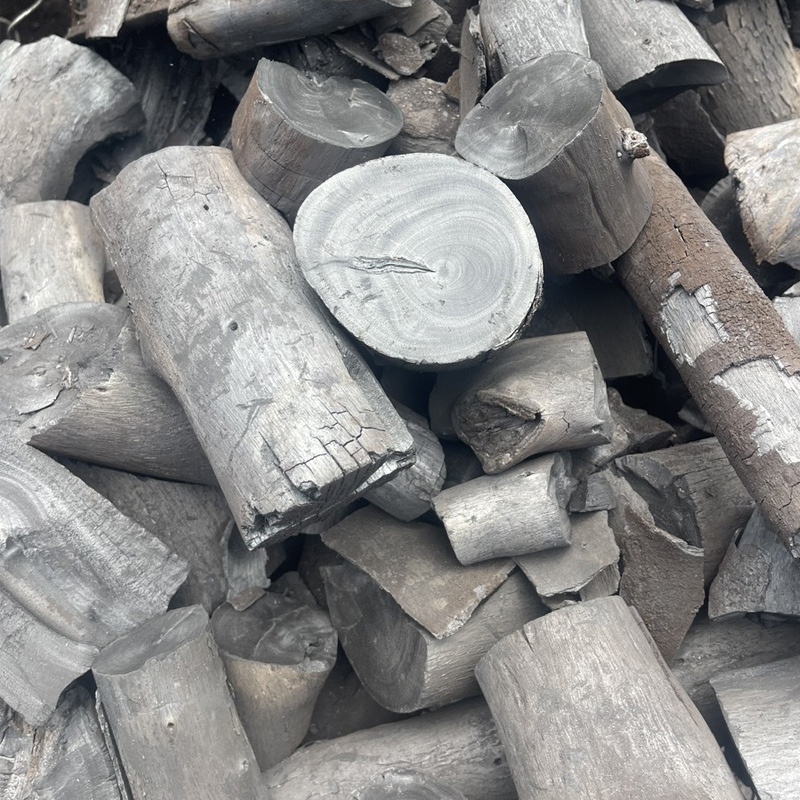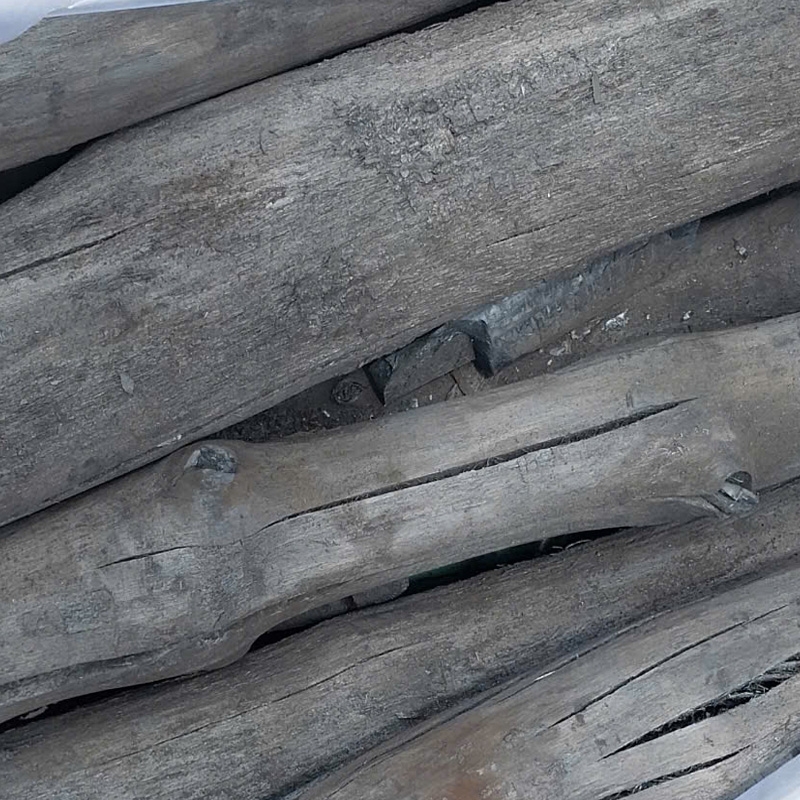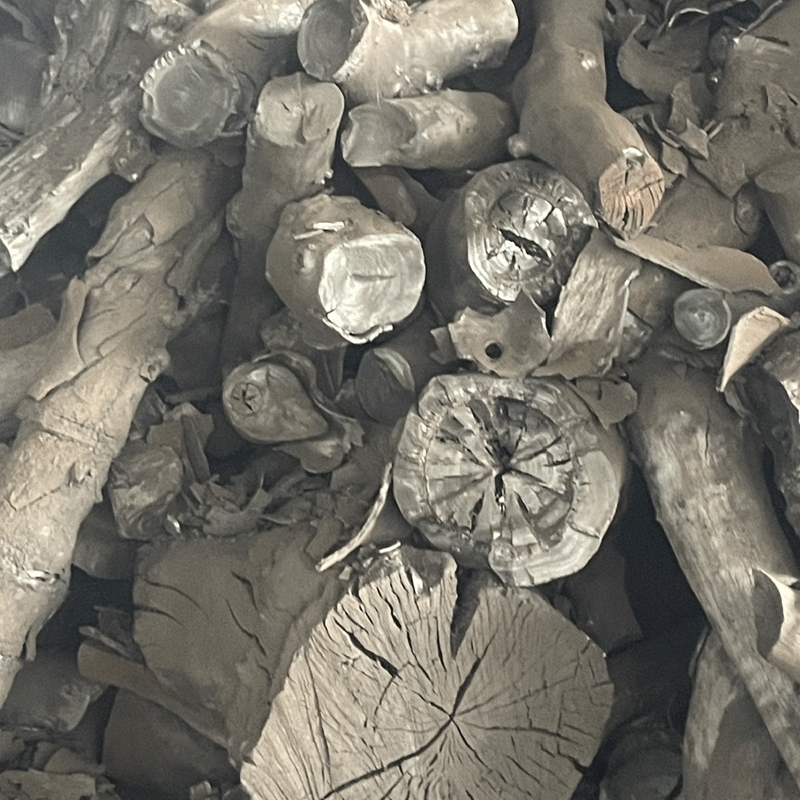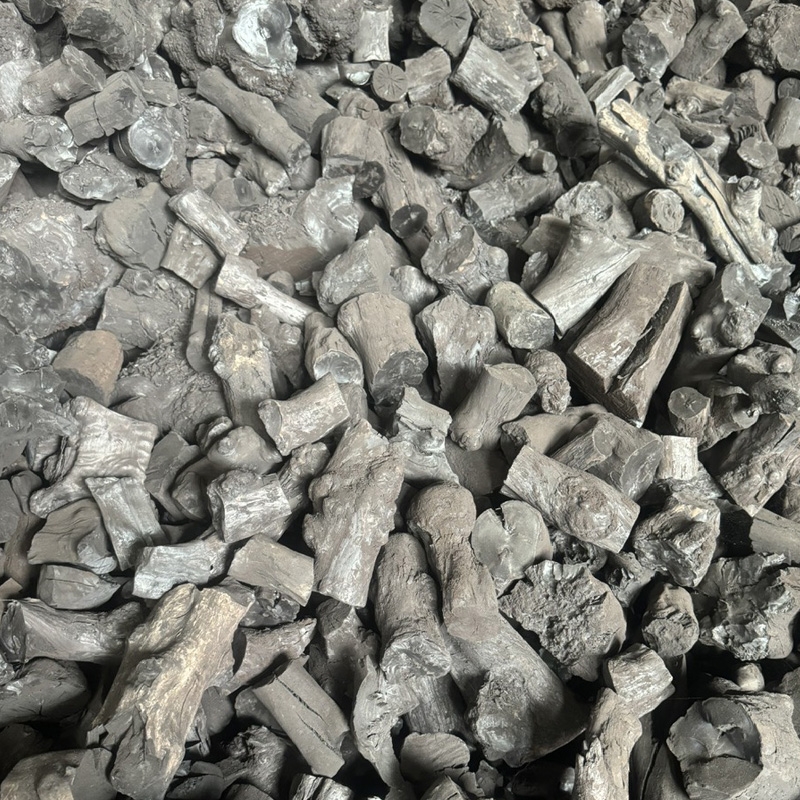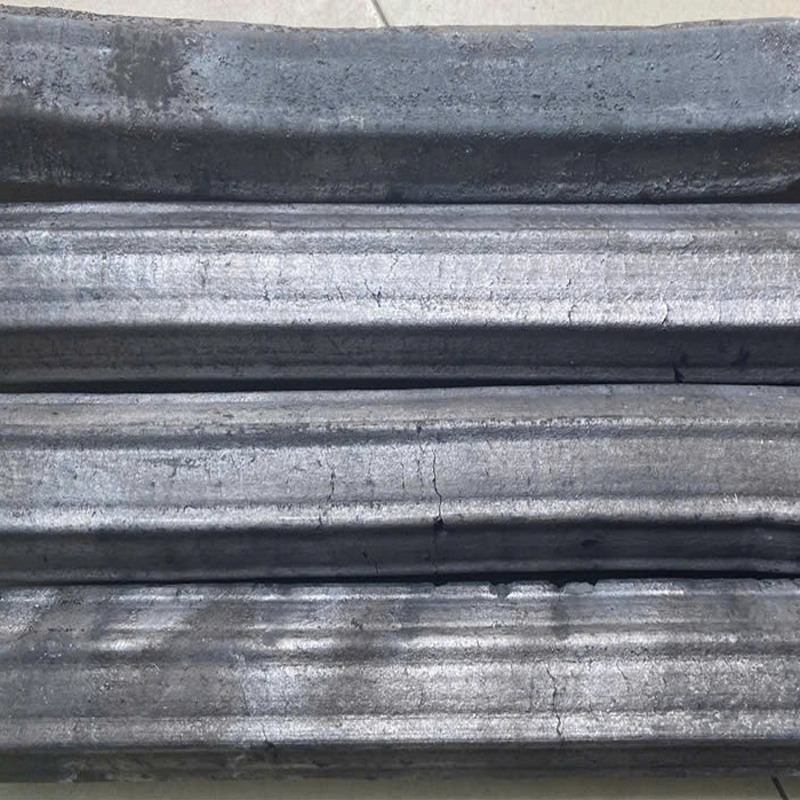Eucalyptus charcoal
6
VietNam
- Mahogany wood charcoal is made from the trunks and branches of mahogany trees after harvesting or pruning. The wood is dried and carbonized in a low-oxygen environment to produce stable, clean-burning charcoal. - With its hard and dense structure, mahogany charcoal offers good heat retention, burns steadily, does not spark, and produces little smoke. - This type of charcoal is suitable for household cooking, restaurants, domestic fireplaces, as well as industrial uses in boilers and processing workshops.
What is mahogany wood charcoal?
- Mahogany charcoal is a type of biochar made from mahogany trees — a large, commonly planted wood species in Vietnam. After harvesting or pruning, the wood is dried and carbonized under limited oxygen to form charcoal.
- The resulting charcoal is evenly black, solid, easy to transport, resistant to breaking, and has high usability.
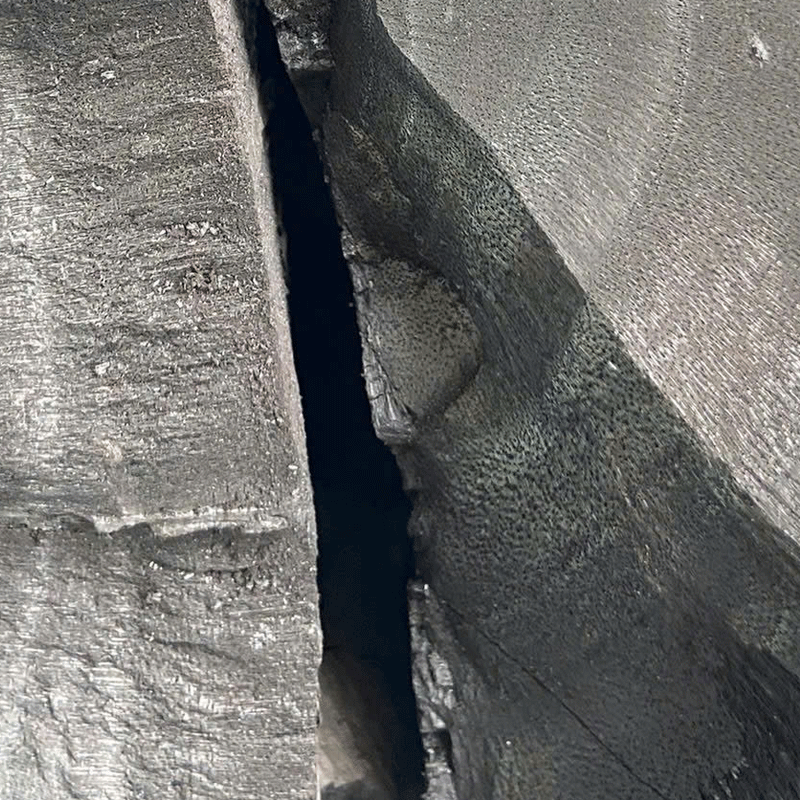
Basic characteristics of mahogany charcoal:
- Size: Long sticks or logs, 10 – 30 cm
- Moisture content: < 8%
- Ash content: < 4%
- Calorific value: 6,500 – 7,000 Kcal/kg
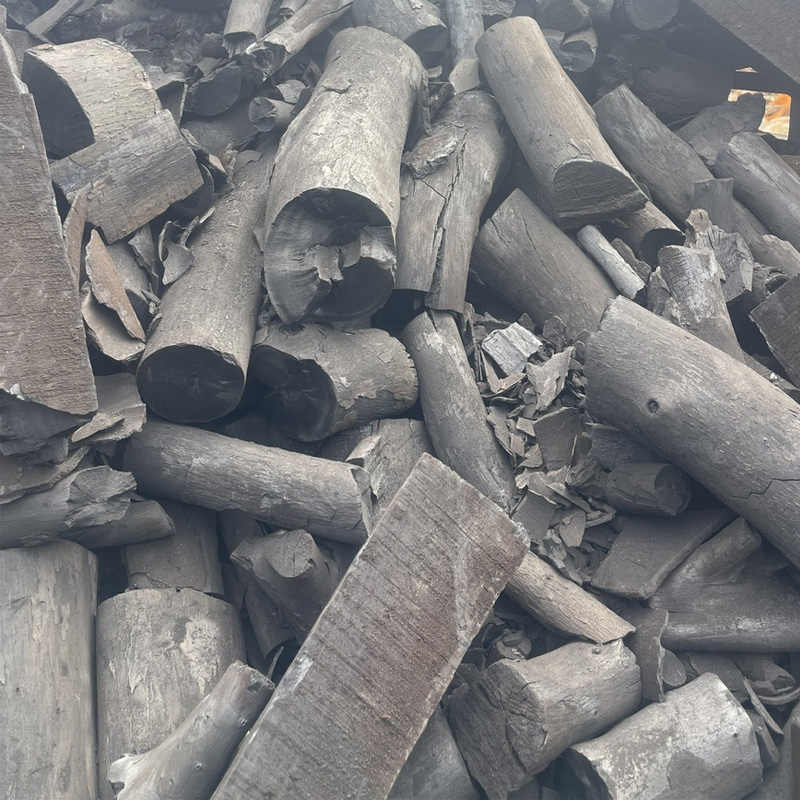
What is the efficiency of mahogany charcoal?
- Mahogany charcoal has stable burning efficiency, retains heat well, and maintains a steady flame over time, making it suitable for long cooking or continuous grilling.
- Compared to regular charcoal, mahogany charcoal produces less smoke, doesn’t spark, is safer to use, and helps save fuel costs significantly.
Applications in agricultural production:
- The ash from mahogany charcoal can be used to improve soil texture, as organic fertilizer, and to enhance moisture retention in agricultural land.
- Additionally, crushed charcoal can be mixed with manure to produce high-quality compost.
Use for domestic heating:
- Mahogany charcoal is ideal for use in charcoal stoves, BBQ grills, or home fireplaces thanks to its long burn time, low smoke, neutral smell, and health safety.
- It is a trusted choice for households and restaurants in cooking scenarios requiring consistent heat.
Applications in industry:
- Mahogany charcoal is also used in light industries such as food processing, drying kilns, biomass boilers, or as a blend material for compressed charcoal production for export.
Some examples of industries using Eucalyptus charcoal:
- Coffee and fruit drying factories
- Food facilities requiring steady heat
- Factories producing compressed BBQ charcoal sticks


